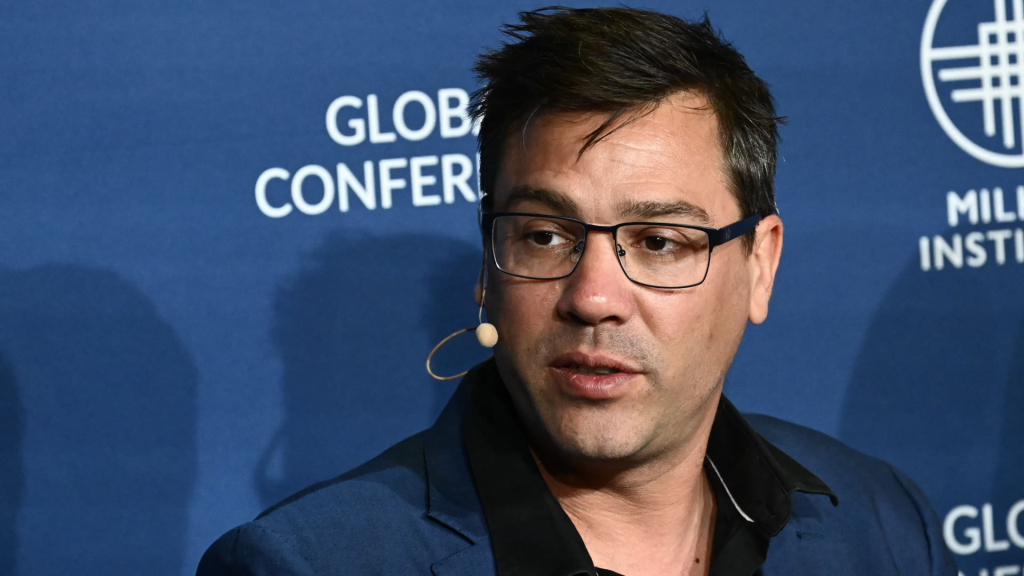In the lead-up to its highly anticipated market debut on Wednesday, eToro detailed the potential risks linked to its operations in Israel in its IPO filing. The stock trading platform devoted more than 1,500 words to discuss the implications of its Israeli headquarters amid ongoing military conflict.
Although the current hostilities between Israel and Hamas have not significantly disrupted eToro’s business, the company warned that the “continuation of the war and any escalation or expansion” could adversely impact both regional and global conditions, ultimately affecting its financial performance, as noted in a section titled “Risks related to our operations in Israel.”
Founded in 2007 by brothers Yoni and Ronen Assia along with David Ring, eToro operates from Bnei Brak, near Tel Aviv, offering users access to trading in stocks, commodities, and cryptocurrencies.
The firm’s prospectus specifically referenced the attacks carried out by Hamas on October 7, 2023. Since then, the ongoing conflict has resulted in significant loss of life among Palestinians and devastation across the Gaza Strip.
Furthermore, rising tensions with multiple militant groups in the region, including Hezbollah in Lebanon and the Houthis in Yemen, have added to the atmosphere of uncertainty.
“There is a risk that these hostilities may escalate into a larger regional conflict, involving additional terrorist organizations or countries,” eToro asserted, emphasizing the unpredictability of the situation.
In an interview with Finance Newso, Yoni Assia, eToro’s CEO, reiterated the global nature of the company’s operations. He acknowledged the challenges posed by being based in Israel but indicated these concerns are encapsulated in their risk assessment.
“We aspire to see more peaceful times,” he stated, adding that stability would benefit both employees and the business overall.
Competing with firms like Robinhood, eToro made its debut on the Nasdaq on Wednesday. Shares surged by 29% after the company priced them above the anticipated range, bringing its total market valuation to approximately $5.4 billion by the end of trading.
This initial public offering (IPO) arrives as numerous tech companies prepare to re-enter the public space following a prolonged hiatus triggered by rising inflation in 2022.
The conflict that ignited on October 7 led to thousands of Israeli reservists being called up, disrupting the country’s dynamic tech sector. eToro noted that continued military obligations could potentially hamper its competitive edge and impact sales negatively.
Additionally, Israel is facing international scrutiny for its military actions in Gaza. The eToro filing referenced specific challenges, including International Criminal Court warrants against Prime Minister Benjamin Netanyahu and a former defense minister, alongside boycott campaigns from activist groups that may impede the business.
Credit downgrades from agencies such as Fitch, Moody’s, and S&P Global could also pose risks to eToro’s operations, as outlined in the filing.
The company noted increasing cyber threats since 2023 and potential repercussions from armed attacks that could either elevate operational costs or jeopardize employee safety.
Lastly, eToro pointed to differences in tax regulations between the U.S. and Israel, along with the geographical location of its executives, as potential hurdles, stating, “It may be difficult to enforce a U.S. judgment against us, our officers, and directors in Israel or the United States.”
























